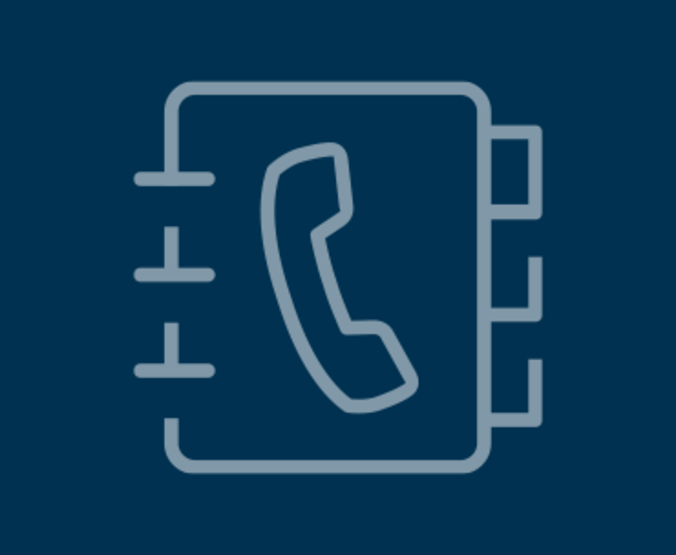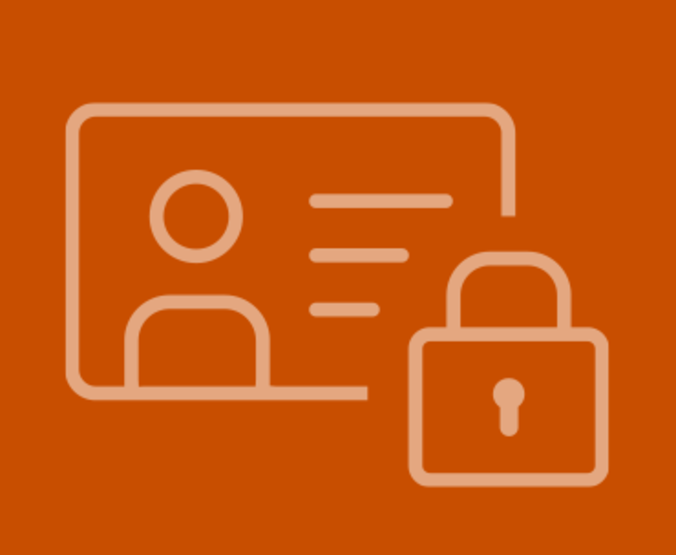Did you know...
You may be at risk of losing custody of your assets (e.g., stock, bank account, securities, funds, etc.) if they are deemed lost or you fail to show interest in the asset?
What is escheatment?
Escheatment is the process of transferring a shareholder’s assets to state treasuries, following multiple unsuccessful attempts to contact the shareholder regarding his or her property.

1. Keep your address, phone number and other information up-to-date
This includes notifying businesses and financial institutions of any name changes. If your name and/ or address are not up-to-date, then mail may be returned as undeliverable and this could lead to your account being flagged as lost.

2. Vote your proxy
Voting your proxy demonstrates ownership of your assets and allows confirmation that your property is not unclaimed.

3. Use investor service center sites and/or brokerage sites to check account balances
Login activity is recorded in the system and allows confirmation that your account is active.

4. Contact your broker or transfer agent to ask about your account
When you make direct contact to discuss details related to all of your accounts, they are able to verify that you are monitoring your property. Please note: An inquiry made on one stock account does not protect all other accounts or holdings.

5. Consolidate your accounts, if possible
You may be able to manage your property more effectively if it is held in one account instead of several.

6. Cash checks, no matter how small the amount
Check cashing activity may be considered verification that your account is active.

7. Respond to company notices regarding your assets
You may receive notice that your assets are at risk of being escheated via mail or telephone. Simply follow the instructions to contact the company or its transfer agent to help avoid escheatment.

8. Designate an executor or responsible party to manage your account
The company and its transfer agent will manage your account through a representative designated by you if you become unable to demonstrate ownership of your assets or respond to notices.

9. Learn your state's escheatment laws
Do you live in a three year or five-year state? The escheatment process varies by state. Learn about the laws specific to your state to protect your assets from escheatment.
States assume custody of escheated accounts, but it most cases, the property can still be recovered by the rightful account owner. Visit your state treasurer’s unclaimed property website or www.missingmoney.com to determine if you own assets that can be claimed. It’s your property. Get it back.